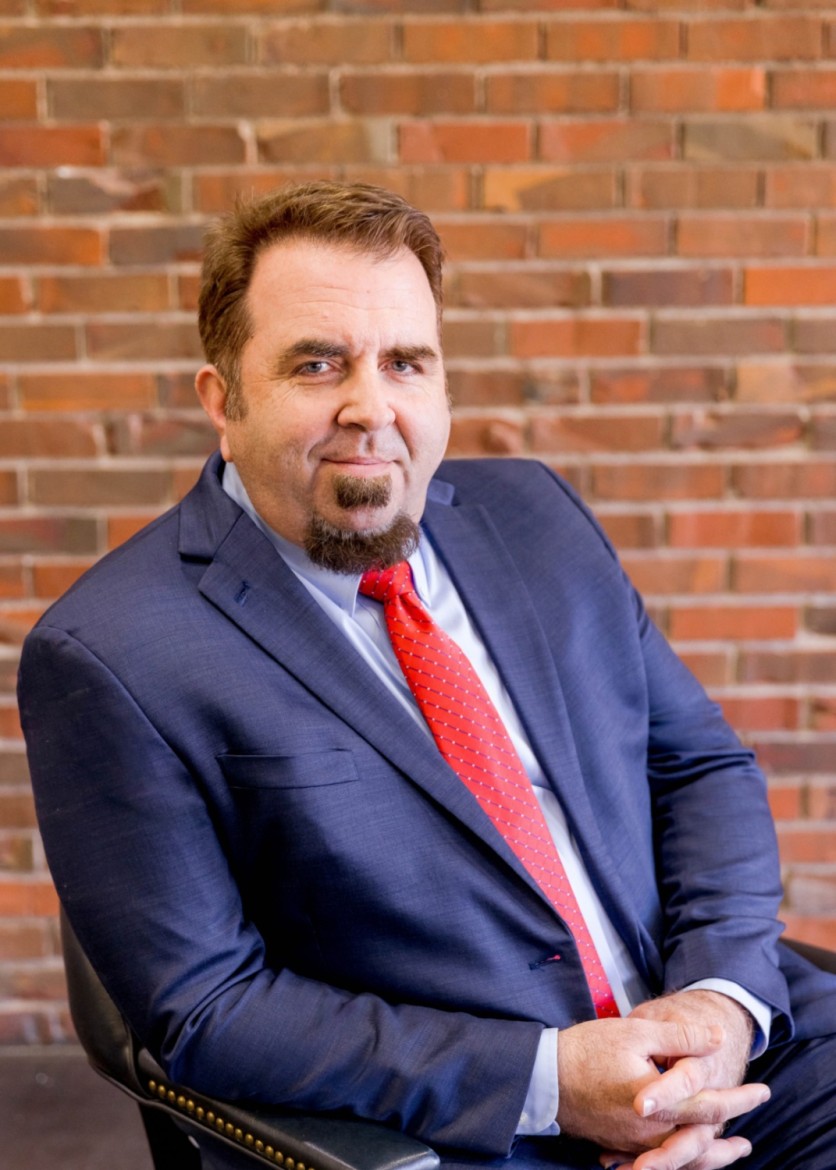
The steel industry is at a critical juncture, with evolving trade policies significantly impacting operations. From the heartlands of America to the sprawling factories of China, manufacturers find themselves continually adjusting their sails to navigate the trade waters.
Moreover, the interplay between politics and business further complicates the picture. Political decisions, like the imposition of tariffs, send ripples through the global economy. By the time they reach industries and individual businesses, these can become tidal waves, forcing companies to adapt or risk being swept away.
In the midst of this landscape, the Edmonton, Alberta-based seamless pipe manufacturer Bri-Steel Manufacturing has stood tall. Founded with a vision to revolutionize its industry by bringing more manufacturing to North America, particularly the U.S., Bri-Steel has become a significant player in the sector.
Renowned for its unique introduction of the well-known hot expansion process to North America, which allows it to produce larger-diameter pipes and change pipe sizes within three hours if necessary, the company has made a name for itself as a trusted manufacturer offering high-quality and cost-effective solutions.
"This process was generally well-known in the industry, but it wasn't implemented anywhere in North America until about 11 years ago when we brought it over," says Bri-Steel President Neil Rasmussen.
Yet, even a company as successful as Bri-Steel hasn't been entirely immune to the shifts regarding trade policies. The international trade landscape poses both challenges and opportunities.
As Rasmussen reveals, Bri-Steel is forced to rely on foreign manufacturers for their raw materials as no one at this point can manufacture the raw materials they need domestically. It poses some challenges for Bri-Steel, but change in the industry will take time.
"Making the pipe is the first step; then, we need to work on making raw materials here. These are large facilities, and it takes some time to rebuild them. I have confidence in the American people to get behind this renaissance in domestic manufacturing."
This decision to bring back domestic manufacturing by Bri-Steel has been beneficial to them. It has allowed it to genuinely contribute to the local economies and its mission of facilitating a boost in the job market.
But the road to get there was somewhat bumpy.
Reflecting on the trade cases, Rasmussen reveals that once steel export limitations were placed against China, they started opening up massive fabrication facilities, manufacturing products much faster and cheaper than domestic businesses could.
The products from these facilities were sold to the respective end users, bypassing the tariffs on steel components and the supply chain altogether.
"As a result, not only did we have to compete with them in production facilities, but they also had access to low-priced steel that domestic businesses couldn't access. This gave foreign suppliers an unfair advantage, allowing them to dominate the market," he shares.
Supported by Section 232, the US International Trade Commission (USITC) also found that domestic steel makers are harmed when nations exporting steel products to the U.S. unfairly subsidize or sell them at less than fair value. The rise of the trade cases filed by certain American steel companies resulted in a stronger desire to protect against unfair practices and safeguard American workers.
"After the cases emerged, we were able to clamp down on many of the unjust advantages we'd been wrestling with in the industry, but, the way I see it, we need to stay ahead rather than play catch-up," Rasmussen says.
Under his guidance, Bri-Steel has taken considerable strides in navigating these turbulent waters. Not only has the company positioned itself-and the North American seamless pipe production industry-on the global map by advocating for and implementing the hot expansion process in its facilities, but its incredible growth, notably the recent takeover of a facility in Enid, Oklahoma has set a new benchmark in large OD seamless pipe manufacturing.
The new 329,000-square-foot "hyper-efficient" facility in Enid is set to produce 12 to 36-inch seamless carbon steel and alloy pipe, bringing up to 100 jobs to the region. This strategic move reaffirms Bri-Steel's commitment to growth, further solidifying its relevance and success in the international trade landscape.
"The people of Enid and the state of Oklahoma have been wonderful to deal with. Very supportive. I couldn't be happier with the city. It's a great place to be."
Looking ahead, Rasmussen's plans feature erecting new facilities in the United States. The goal is to close the market gaps by manufacturing currently unavailable products and providing many more job opportunities along the way.
Considering their successes so far, there's no doubt that Rasmussen's ambitious expansion will bring about positive changes in the industry. Their proven track record of innovation and growth makes them poised to pave the way for a brighter future.
As Rasmussen says, "Every challenge we've faced has only fueled our determination to evolve and grow stronger."
ⓒ 2026 TECHTIMES.com All rights reserved. Do not reproduce without permission.





